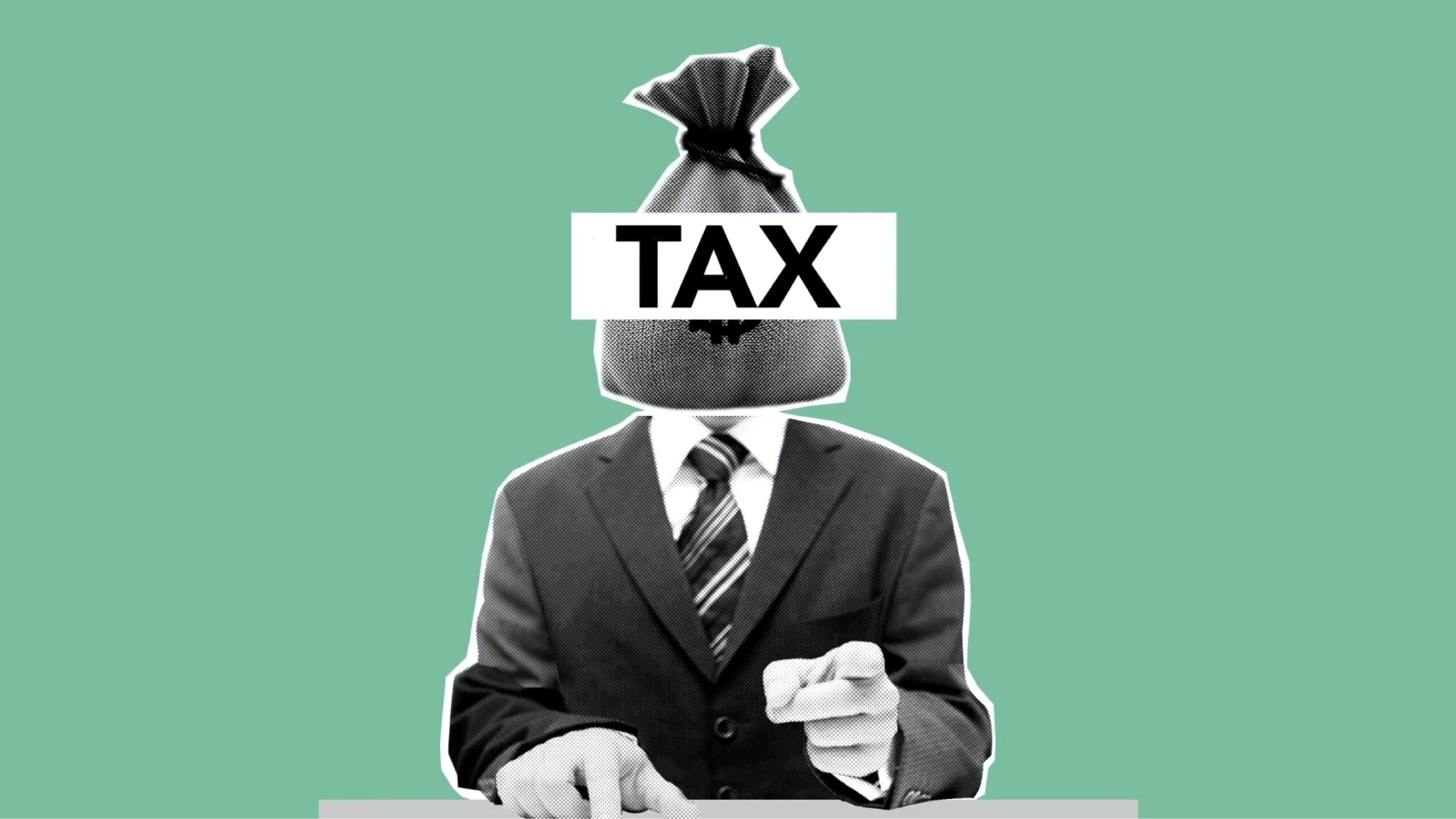The announcement by the Presidential Fiscal Policy and Tax Reforms Committee that it has recommended a reduction in the number of taxes charged in the country has come as a welcome development that will bring relief to millions of Nigerians and corporate entities, including small-scale and micro organisations, who over the years have borne the burden of multiple taxation.
As the committee’s Chairman, Mr Taiwo Oyedele, disclosed, the body has recommended the reduction of the number of taxes from about 60 to 10 or less, while acknowledging that unofficially, there are over 200 different taxes in the country.
Nigerians have watched with dismay, often crying but without being heard, as the duplication of taxes by the three tiers of government wreaked havoc on their businesses.
Some of the major taxes operational in Nigeria include Capital Gains Tax, Companies Income Tax, National Information Technology Development Levy, Personal Income Tax, Petroleum Profit Tax, Stamp Duty, Tertiary Education Tax, Value Added Tax and Withholding Tax. Besides these, there are tens of others, including such ridiculous taxes as Bicycle Tax and Wheelbarrow Tax.
Israel war on Gaza: Senate calls for ceasefire, asks FG to press for solution
US advisory to citizens can create panic, affect economy – FG
The heavy toll of these taxes on the otherwise profitable businesses have made a mockery of Nigeria’s effort to improve the ease of doing business and raise our competitiveness in international markets. It has led to higher costs of production and gross misallocation of resources as funds that should have been invested into profitable ventures have been frittered away as taxes that yield no public purpose.
Like all things Nigerian, taxation has become so bastardised that touts and miscreants have become tax enforcement and collection agents all over the nation. Contrary to extant provisions in our tax regulations, touts mount roadblocks on our highways and subject motorists and other road users to all kinds of dehumanising experiences in the name of enforcing tax payment.
It is in this context that we, at Daily Trust, hail this plan. This proposal will turn around the fortunes of millions of small-scale and micro enterprises, many of which are on the verge of collapse, weighed down by a slew of taxes. They will be able to cut their costs and therefore the prices of their products. By the time this removal of taxes cascades down, it will have a multiplier effect on prices of raw materials, thereby boosting profitability.
As a seasoned tax expert, the chairman knows that the kernel of this whole process rests with the implementation of the recommendations. As in all cases of corruption, it is clear that beneficiaries of the current system will fight back and do everything possible to abort the move. Given the loopholes in the administration of most of these taxes, it is in the interest of such persons that collect them that this system persists. In this respect, we appeal to President Bola Tinubu, on whose table the recommendations should be by now, to quickly approve them so that action can begin.
To give this the legal backing it deserves, Daily Trust hereby calls on the president to initiate an Executive Bill and send it to the National Assembly, authorising these changes. And, since some of the taxes may be constitutional issues, we also suggest that the matter be included in subsequent amendments to the Nigerian constitution so that it can be settled once and for all.
Meanwhiler, beyond the pruning of the number of taxes, this moment also offers an opportune time for Nigeria to really address the state of the nation’s tax system. We need to establish a tax system that is based on the principles of taxation, especially equity. To a very large extent, what we practise currently is a discordant system lacking in equity and fairness. It tends to punish low-income earners by taxing them disproportionately higher than the rich, while merely touching the wealthy and the super-rich.
We have heard too often about efforts being made to widen the tax net, but in reality, the efforts seem to have been directed at the lower cadre citizens, while the upper segment is largely left untouched. All these need to change. There is the need to ensure that the reforms do not end up benefitting big businesses at the expense of small businesses or the federal government at the expense of states and local governments. The reforms should also include capture persons in the informal sector so that they can be paying their fair share of tax.
Nigeria also needs to entrench taxation as a culture, a way of life to build a modern society. Right now, we still practice and view taxation as punishment, which explains why many Nigerians detest it and would do anything to evade taxes:; that is, hiding some of their taxable incomes to reduce their tax payment. To some extent, this practice arises because most people fail to see a correlation between the tax revenue and the public purpose it is supposed to serve.
The committee should as part of its duties, design and commence the implementation of a robust nationwide tax enlightenment campaign. The campaign should address the two sides of the fiscal system – the taxes paid and how the government spends them. The government has the right to collect taxes, but it also has an obligation to use that taxes for the benefit of the citizens.

 Join Daily Trust WhatsApp Community For Quick Access To News and Happenings Around You.
Join Daily Trust WhatsApp Community For Quick Access To News and Happenings Around You.